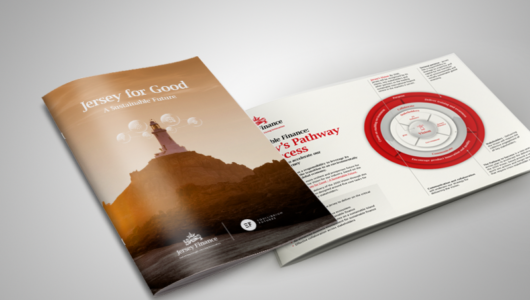Although the final outcome is not certain, I think we can guarantee that the ramifications of the event will further fuel public demand for more immediate action to tackle climate change.
Mounting pressure for action will impact all industries including financial services and we can rightly expect increasing impetus on how the wealth management industry responds to meet clients’ expectations.
There is already plenty of evidence that many private clients are driving this shift in investment strategies to ensure they align with their own socially-conscious thinking and of course it is true that formulating ESG strategies is already a priority within the finance industry.
That much was evident from the discussions that took place at our annual private wealth conference in September. Leading London-based wealth managers and private client advisers spoke about the latest thinking in the ESG arena and flagged up the statistical evidence of the current state of play.
For instance, research by Knight Frank in its 2020 Attitudes Survey revealed that 70% of wealth advisers globally have seen an increase in their client’s philanthropic activities.
In another telling statistic revealed during our panel discussions, US$12 trillion worth of assets will transfer in the next decade to the next generation. Since arguably it is the younger generation that expresses its concerns and demands action about climate change most vociferously, it is beyond doubt that ESG concerns will take on even greater importance as the next generation becomes custodians of the family wealth.
We can expect that ultra high net worth individuals, family offices and other private investors will demand more evidence-driven approaches to meet sustainable development goals and this will only happen effectively if the industry invests in new tools for reporting and measurement and in data-driven analysis and metrics which take advantage of the digital technology’s growing influence on financial services.
The pertinent question at our conference was what role will international finance centres (IFCs) play in this new era in which investment strategies designed to make a positive difference enter the mainstream?
As Sally Tennant, OBE, from Acorn Capital Advisers, a leading adviser who took part in one of our panel sessions, made clear in response to a question, clients want to align themselves not just with investment strategies that have purpose and do good, but with jurisdictions that ‘walk the talk’ and want to do something.
At Jersey Finance, we are working on our own vision to meet this challenge. By 2030, we want Jersey to be recognised by its clients, key stakeholders and other partners as the leading sustainable international finance centre in the markets we serve and we have a strategy to get there; we very much feel that Jersey, through collaboration, has the responsibility to leverage the expertise and capital we have to support that transition to an environmentally and socially sustainable global economy. Collaboration will be important, as I outline in more detail in my blog last week on the subject.
If successful, COP26 will be an example of effective collaboration as world leaders from 120 countries share a broad hope they can reach agreement on a series of measures that will be effective in reducing global warning.
Similarly, the world’s investment community can only attain its goals in the ESG arena if clients, advisers, jurisdictions and other stakeholders work together to bring it about. IFCs are an important part of that mix and they must also step up and act decisively or they will be left behind in the slipstream of the concerted goal of meeting sustainable principles.






